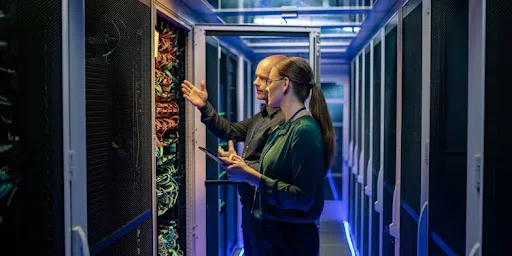Security Liaison Managers act as a bridge between an organization’s security team and other departments, external partners, or stakeholders to ensure effective security practices and compliance.
Their roles typically include:
• Coordination and Communication: Serve as the primary point of contact for security-related issues, facilitating communication between security teams, management, employees, and external entities like vendors or law enforcement.
• Policy Implementation: Ensure security policies, procedures, and protocols are understood and followed across departments or with external partners.
• Risk Assessment and Mitigation: Collaborate with stakeholders to identify security risks, assess vulnerabilities, and implement measures to address them.
• Training and Awareness: Organize or deliver security training and awareness programs to educate employees or partners on best practices, such as cybersecurity, physical security, or data protection.
• Incident Response: Assist in coordinating responses to security incidents, ensuring timely reporting, investigation, and resolution while liaising with relevant parties.
• Compliance and Audits: Ensure compliance with security regulations, standards, or contractual obligations, and support audits or assessments by providing necessary documentation and coordination.
• Relationship Management: Build and maintain relationships with external security partners, such as law enforcement, government agencies, or third-party security vendors.
• Threat Intelligence Sharing: Share relevant security updates, threat intelligence, or alerts with internal teams and external partners to enhance preparedness.
• Program Development: Develop or contribute to security programs, such as emergency response plans, access control systems, or cybersecurity frameworks, tailored to organizational needs.
• Reporting: Prepare and present reports on security status, incidents, or compliance to leadership or external stakeholders.
The exact responsibilities vary depending on the organization’s size, industry, and specific security needs (e.g., physical security, cybersecurity, or both). For instance, in a corporate setting, they might focus on cybersecurity and vendor compliance, while in a government or public sector role, they may prioritize liaising with law enforcement or regulatory bodies. If you have a specific industry or context in mind, I can tailor the answer further!
